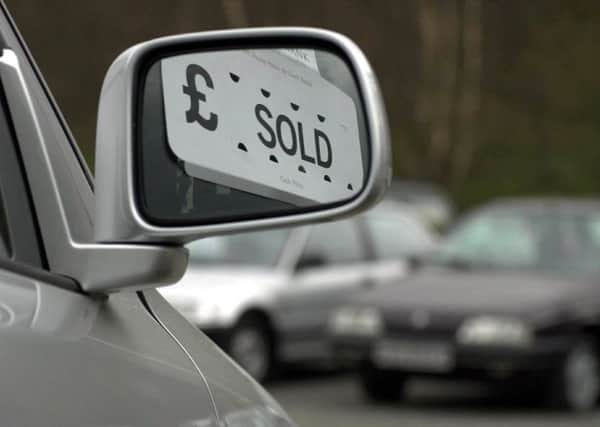Can you afford the payments on the new car you just bought?


There are reports of drivers being offered car loans worth more than their salaries and that some lenders haven’t been conducting proper affordability checks. Applications for Personal Contract Plans by people whose finances are already stretched are also up by a massive 54% since 2014.
This all seems uncomfortably familiar to experts who want to avoid another financial crisis, like the one in 2007 / 2008. Borrowers with stressed finances are also the ones most likely to be negatively affected by rising prices, or if the economy takes a downturn, as they are more likely to have low incomes, unstable jobs and little or no savings. Borrowers that find themselves over committed may end up falling behind with their car finance and could potentially lose their vehicle.
Advertisement
Hide AdAdvertisement
Hide AdThe Bank of England has asked the financial regulators to investigate car finance arrangements and may enforce tougher affordability checks as a result.
Nowadays, the majority of new car sales are financed by Personal Contract Plans (PCPs). These can allow people on low incomes and with poor credit histories to afford brand new cars.
With a PCP, you pay a deposit, normally around 10% of the car’s price. The loan itself is based on how much the car will lose in value while the deal lasts. You’ll pay this amount off monthly, plus interest, so you don’t pay off the full cost of the car. If you want to own the car after the deal ends, you’ll need to pay a final “balloon” payment. This amount is based on how much the car dealer believes your car will be worth when the finance deal ends.
If you don’t want to pay the balloon payment, you can either give the car back or to start a new PCP on another car. If the car is worth more at the end of the deal than the balloon payment amount, you can put the difference towards a deposit on a brand new car.
Advertisement
Hide AdAdvertisement
Hide AdEven if the car dealership or finance provider agrees the loan, you should still consider carefully – as with any borrowing - whether you can afford the repayments. You need to keep your disposable income in mind: this is the money you have spare once all your essential bills and expenses have been paid. Putting a large proportion of your disposable income towards your car isn’t a good idea, as it leaves you vulnerable to financial shocks, should something unexpected happen.
If you are already struggling to make your car finance repayments the best advice, as always, is to speak to your provider, or take debt advice. The sooner you do this the better – because if you do start to miss payments or pay late, additional interest or charges may be added to your debt.
Debt Advisory Centre: 0161 871 4881